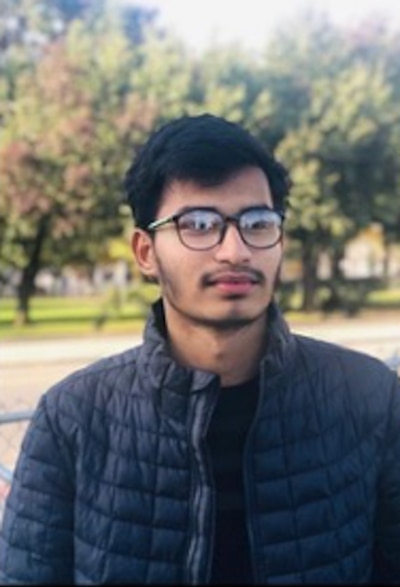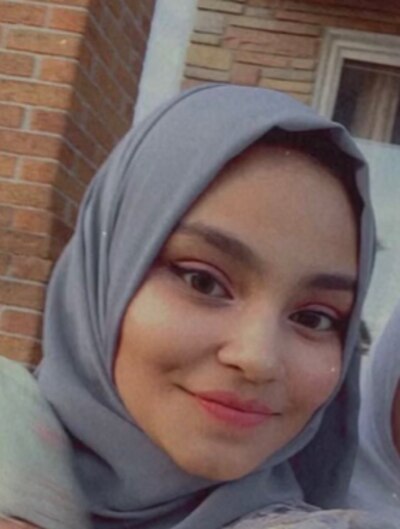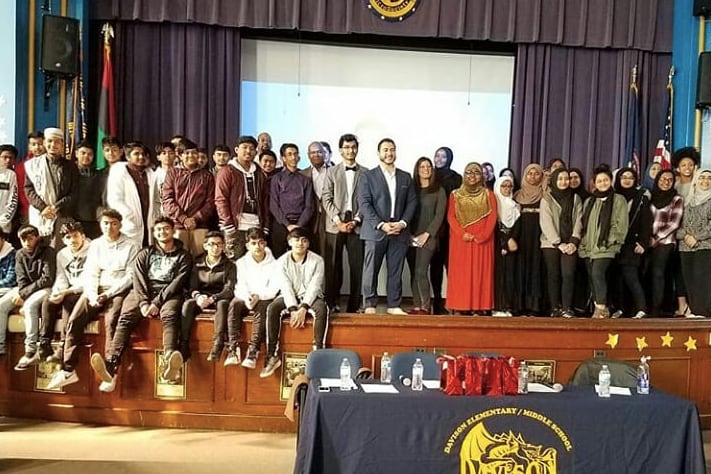Mohammad Muntakim spent most of his high school career fighting for the recognition of Eid al-Fitr so Muslim students could spend time with their families during a sacred holiday.
He and other Muslim students rallied dozens of community members, organized virtual town halls, and collected thousands of signatures to garner support for it.
“These days are focused on yourself, your community, and your family,” said Muntakim, a senior and president of the Cass Technical High School Muslim Students Association, which has about 200 members. “Having school on these days takes that away from you.”
Eid al-Fitr is a Muslim holiday commemorating the end of Ramadan, a month of communal fasting and prayer. Muslims come together to celebrate the end of fasting, sharing in meals, participating in community events and charitable giving.
The push to get Eid on the Detroit district calendar took two years. Efforts paid off last month when the district and the Detroit Federation of Teachers agreed to observe Eid al-Fitr for three days, from May 2-4 during the 2021-22 academic school year. It will be the first time the state’s largest school district will honor the holiday, which is already observed in Dearborn Public Schools and other schools and districts with large Muslim student populations.
Students spent the early days of the campaign talking with district leaders, and conducting widespread community outreach at mosques and other venues. The students said support from Muslim and non-Muslim students, parents, and teachers also made a difference. In addition, educating non-Muslims on the significance of the holiday was crucial in building a coalition of support.
“It was the advocacy of students that first put the issue on my radar to address,” said superintendent Nikolai Vitti.
DFT president Terrence Martin said the union agreement benefits both Muslim students and teachers.
“This is really about being a progressive school district,” he said.

The students, some who will be graduates by the time the district honors the holiday, said they hope their efforts will show other students that they can change policy at their schools.
A small group of Cass Tech Muslim students led by Muntakim launched the DPSCDOff4Eid campaign in 2018. Senior Syeda Ara joined because she wanted to foster more cultural competency and awareness amongst teachers.
Ara recalled that during her freshman year, she told a teacher she wouldn’t be in school to take her finals because they conflicted with Eid. Ara’s teacher didn’t understand why the holiday was important to her.
“If she was more aware of the holiday and its significance, she would have been more accepting of me making up for my finals,” she said. “Because of her unawareness, I was shocked.”

That lack of understanding among school staff was also a shock for student Hemyar Al-Jamali, a Cass Tech junior who previously attended charter schools with large Muslim student populations.
“We have a little bit less of a presence,” he said, referring to the smaller number of Muslim students at his school compared with schools he previously attended. Al-Jamali said he would sometimes take more than one day off leading up to the celebration of Eid to help his family and friends prepare. He found that juggling school and his faith obligations was difficult.
It took education advocacy group 482Forward to help the students develop a strategy, thanks to a recommendation from community organizer America Ali Yahya.
“It turned out the students were struggling more than I imagined, in regards to holidays and getting their voices heard,” Yahya said.
Tapping local expertise helped the students reach out to non-Muslims.
“We have to celebrate the cultures that aren’t just dominant. This is a perfect example of how our community of parents and students across the city are going to continue to fight to make sure our schools are culturally competent,” 482Forward organizing director Molly Sweeney said.
Last year, the Detroit district had planned to observe Eid during the 2019-20 school year by creating a training day for teachers.
The union opposed the calendar approval process and argued that it was designed to prioritize standardized testing. The district then revoked the proposed calendar, which included Eid’s observance. The district approved the 2020-21 school calendar in April without the observance of Eid, despite arguments from Muntakim and Al-Jamali to postpone the vote.
The students organized a virtual town hall convened in May, which included Martin, state lawmaker Abdullah Hammoud, public health expert Dr. Abdul El-Sayed, U.S. Congresswoman Rashida Tlaib, local educators, and faith leaders.
With the help of organizers, students launched a social media video campaign that featured students, teachers, parents, and advocates pledging their support. That help came at the right time, as Muntakim was starting to become frustrated but kept the campaign’s momentum going for the change.
“At first, I think I was doing a lot of this out of raw passion. And when things went south, I was like, ‘You know what, I gotta quit this, maybe focus on my studies.’”
But now Muntakim and other students hope their efforts will lead to more cultural competency in schools.
“It’s one thing to say you accept equality, and you’re diverse, and all those good things. But it’s another thing to actually put your words into action, and actually accept people for their differences and make accommodations for them,” Muntakim said.






